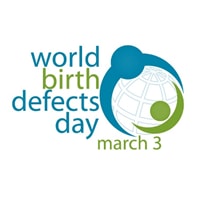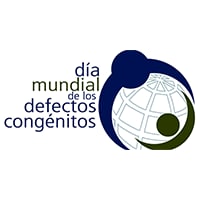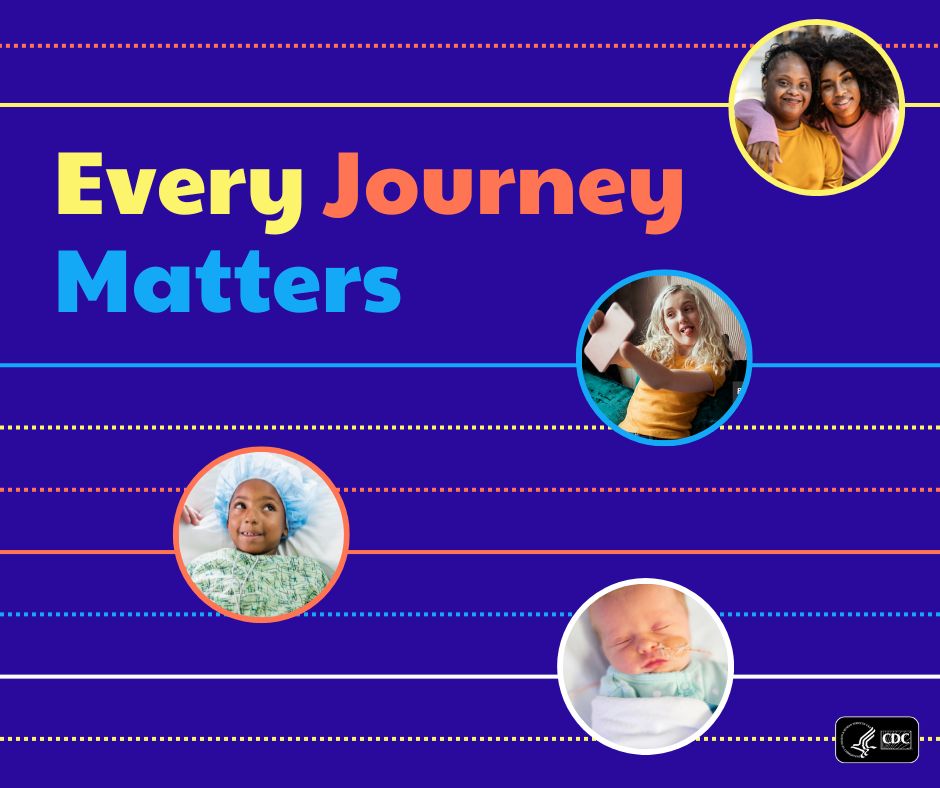World Birth Defects Day
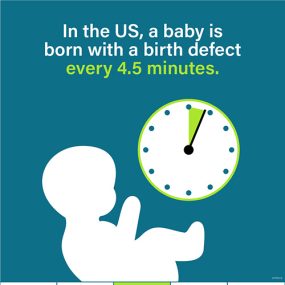
Every year, about 3-6% of infants worldwide are born with a serious birth defect. This means that life-altering conditions such as spina bifida and congenital heart defects affect millions of babies and families.
CDC and partners work globally to reduce stigma, increase opportunities for prevention and care, and raise awareness about the impact of birth defects worldwide.
Participate in World Birth Defects Day
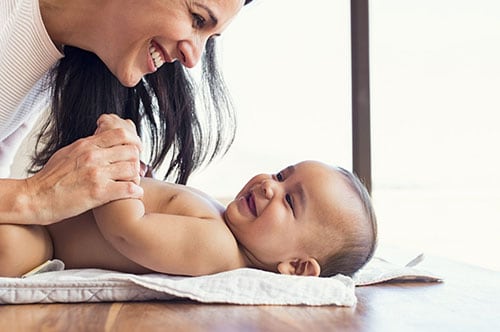
March 3 is recognized annually as World Birth Defects Day. Birth defects affect infants regardless of birthplace, race, or ethnicity. They are a leading cause of death for infants and young children globally. Those who survive and live with these conditions are at increased risk for lifelong disabilities.
Each year on World Birth Defects Day, global partners come together to raise awareness about the impact of birth defects. CDC’s Division of Birth Defects and Infant Disorders regularly partners with CDC’s Center for Global Health to advance this work, and some examples of these efforts are below.
Zika Virus. During the 2016 Zika virus outbreak, CDC worked with partners around the world to understand the impact of Zika virus during pregnancy. Global efforts included longer term studies in Brazil and Colombia to better understand the short- and long-term health and developmental consequences of Zika virus infection during pregnancy and the health of affected children.
Pregnant People Undergoing Antiretroviral Therapy for HIV. In May 2018, a Botswana study raised concerns that dolutegravir, an antiretroviral treatment for human immunodeficiency virus (HIV), might increase the risk for certain birth defects of the brain and spine. This discovery ignited rapid surveillance and research efforts to help the global health community better understand the potential risks of dolutegravir. Researchers continue to look at these types of treatments and can help inform appropriate counseling for people who are pregnant or planning to become pregnant and receiving HIV treatment.
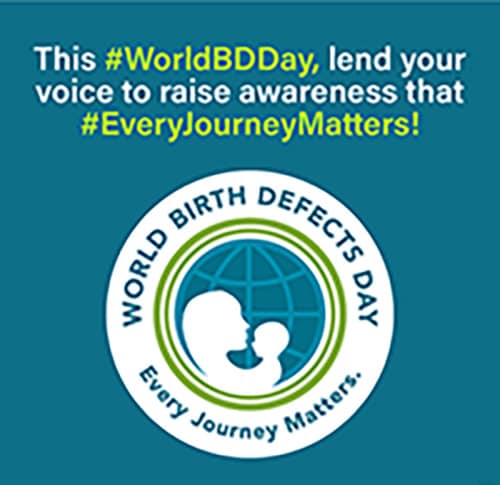
Congenital rubella syndrome and rubella vaccine. Rubella infection during pregnancy can result in miscarriage, stillbirth, or a group of birth defects known as congenital rubella syndrome. Rubella vaccine is highly effective and one dose offers lifelong protection. This means that once received, the vaccine protects against rubella infection for life, including during pregnancy. 90% of all countries use rubella vaccines.
2024 marks the 20th anniversary of the elimination of rubella in the United States, a public health success story that highlights the importance of vaccination and should be celebrated. Although rubella was declared eliminated from the U.S. in 2004, it does remain a problem in other parts of the world and domestic cases can occur when unvaccinated people are exposed to infected people, mostly through international travel.
Global Birth Defects Surveillance. In 2020, CDC, in collaboration with the World Health Organization and other global partners, updated the Birth Defects Surveillance: A Manual for Programme Managers and its accompanying Quick Reference Handbook. These resources are for frontline healthcare professionals who are diagnosing and collecting data on birth defects. They can help countries build and strengthen birth defects monitoring and expand the availability of accurate birth defects data worldwide. The Quick Reference Handbook is also available as an app, which includes the illustrations and checklists, for use in the field.
These global efforts to better understand causes of birth defects help us develop strategies for prevention. Join us this World Birth Defects Day to raise awareness and support affected families. Learn more about how to participate.
You can download the graphic images below and use example social media posts on your social media platforms to raise awareness about World Birth Defects Day.
Be sure to use the hashtags #WorldBDDay and #ManyBirthDefects1Voice to be a part of the conversation.
